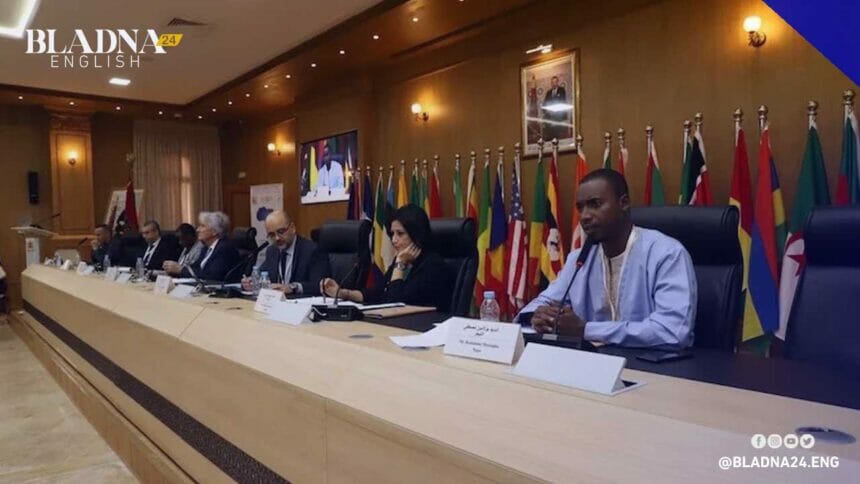Following consultations on the subject within Dakhla’s Open University, business intelligence practitioners have addressed a number of innovation capacity issues on the African continent at the 3rd Forum held in the Gem of the Southern Region.
Continuing the third day with nationalities from different countries around the world, the university agreed with the recommendation that Africa faces real difficulties in the field of economic intelligence. The main one is the weakness of the powerful national innovation system.
In their recommendations, the conference added that a lack of education prevents Africa from developing its scientific skills and elite at the highest levels and that despite all the obstacles that exist, the ceiling of ambition is high.
In their recommendations, the conference added that inadequate education is preventing Africa from developing its scientific skills and elite at the highest level and that despite all the obstacles that exist, the conference will continue to push the boundaries of ambition.
The recommendation noted that the states do not have a genuine interest in innovation, reflected in the lack of substantial funding and weak links between universities and companies on innovation, and weak governance in African countries as well. It warns that sex continues.
The same source reports a brain drain due to the lack of government policies to encourage African scientists to stay on the continent, and the lack of African cooperation in this area, suggesting that these issues are not scientific and creative. and it emphasizes that influencing African countries at high levels will result in low levels.
The Open University of Dakhla called on African countries to provide a clear answer to the great knowledge crisis they are experiencing, correct the lack of coordination between universities and companies, and stop the brain drain abroad.
Experts in African and European countries observe a lack of coordination among innovation actors within the continent and stress the need to go beyond, contributing to scientific research and the highest priority on the African continent.
The sources stressed that the world is undergoing many changes that require the African continent to move in areas such as climate, economy, energy, digital transformation, health, food security and infrastructure.
The third session of the university itself emphasized that the main challenge for the next few years is to increase the competitiveness of entrepreneurship among young people and women.
Participants from many countries covered topics mainly related to innovation and economic intelligence, topics mainly related to national approaches to this topic, entrepreneurship, economic development, new procurement and social approaches.







